It's still common in Japan to refer to the decade from 1965 to 1974 as Showa yonjuu nendai (the decade of Showa Forties). But these may soon be supplanted by Kion yonjuu-do jidai (the era when the temperatures reached 40 degrees Celsius).
As far as Japan's Meteorological Agency is concerned, it all depends on where you take measurements, because even when ambient air temperature is "only" 30 degrees Celsius, the effective temperature of asphalt pavement may be ten degrees higher.
Which means this summer more human beings are already living in an environment higher than their normal body temperature, Weekly Playboy (Aug. 24) points out.
During recent playoffs to determine Kanagawa Prefecture's representative at the National Summer High School Tournament, organizers halted a game when players began developing leg cramps.
For daytime construction workers, this summer has been taxing to the extreme. After putting in an eight-hour day last month, a plasterer in Aichi Prefecture was driving home when he suddenly developed cramps in the muscles of both arms and legs.
With great effort he managed to pull off the road and bring his vehicle to a stop, narrowly avoiding a rear-end collision.
In recent years, physicians have been forced to reconsider methods for treating heatstroke.
"Patients whose body temperatures have risen above 40 degrees are at the risk of death unless they are rapidly cooled down," Seigo Yamaguchi, head of the Emergency unit at Uonuma Kikan Hospital in Niigata Prefecture, tells the magazine.
"In the past, the standard treatment was to use an electric fan to cover the body with mist from a spray atomizer. But this is ineffective. Some emergency centers, ours included, submerse the patient in an ice bath of 10 degrees Celsius or lower.
"I feel more facilities should be adopting this method," he said.
Yamaguchi added that recent studies have reported that along with cooling down the armpits, groin areas and neck, chilling the palms of the hands is also effective. That's because of the large presence of Arterio-venous anastomoses (AVAs) -- direct connections between small arteries and small veins -- in the palms (and soles of the feet), which play an important role in temperature regulation in the human body.
"Recently some sports equipment manufacturers have been developing special cooling gloves," he noted. "These are fast becoming the new wisdom in sports."
Higher temperatures are also more likely to threaten the ways we will be using machines and electronic devices in our daily lives.
At a parking lot in Hyogo Prefecture last October, on a sunny day with a high of 30 degrees, a mobile battery left inside a locked car caught fire.
Last June, the National Institute of Technology and Evaluation (NITE) attempted to replicate the phenomenon, and determined that the temperature on the dashboard surface of a car parked in sunlight nearly reached 80 degrees. During the experiment, a lithium-ion battery placed on the dashboard began emitting white smoke and swelled like a balloon, after which it exploded.
And of course, with the rapid growth in electric vehicles on the road have come more reports of car batteries catching fire.
"Once an EV catches fire, it's difficult to extinguish," explains automotive journalist Hideyuki Takane. "You might think the fire's finally out, but then thermal runaway occurs in the battery and the burning may continue for several hours.
"In the U.S., burning cars are inserted into a huge vinyl bag of water; but Japan's fire departments have yet to adopt this kind of knowhow," said Takane.
Needless to say, the soaring temperatures have added to the misery of Japan's indigent.
Since four years ago, Takehiko Yoshimizu, director of the charitable organization Hitosaji no Kai, has continued making nightly rounds to makeshift huts at Ueno, along the Sumida River and in Sanya, a district with a large population of day laborers, where he and other volunteers distribute onigiri (rice balls) and isotonic beverages.
One man who has been sleeping beneath a pedestrian overpass at JR Ueno Station, told Yoshimizu, "This heat is vicious and I can't think, let alone sleep. Every day's a living hell."
The man declined the offer of a sports drink, saying "Thanks, but I don't need anything. Just let me sleep."
"Year by year, the number of homeless brought down by heatstroke has been increasing," says Yoshimizu. "My impression is that many are approaching their physical and mental limits. If we don't provide more places to escape the heat, it's likely many won't make it through the summer."
With this relentless heat that no one has anticipated, our "daily lives" in a variety of venues have been undergoing significant change. Clearly, urgent countermeasures are needed, the writer concludes.
© Japan Today
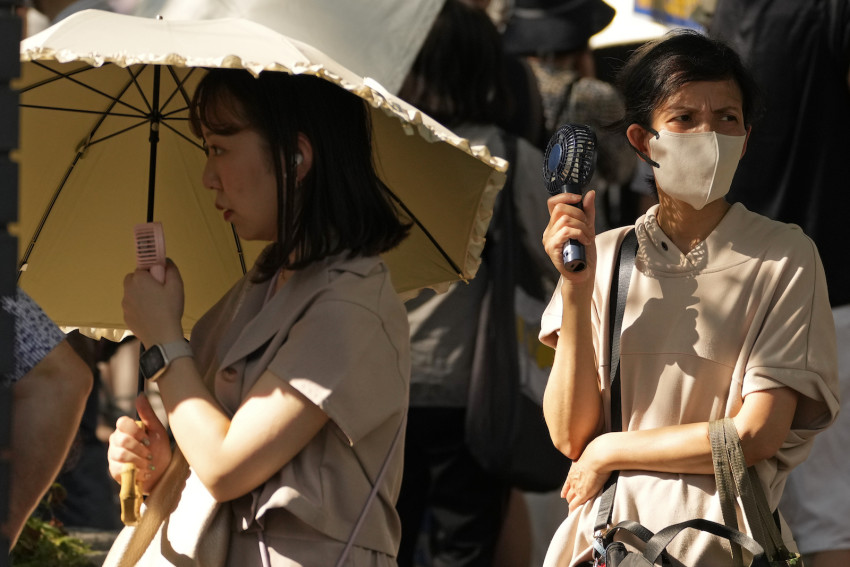


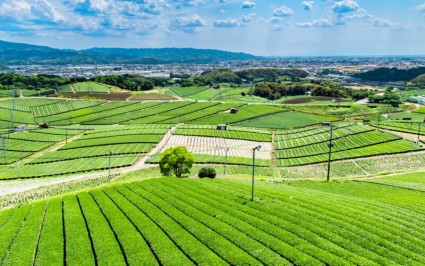


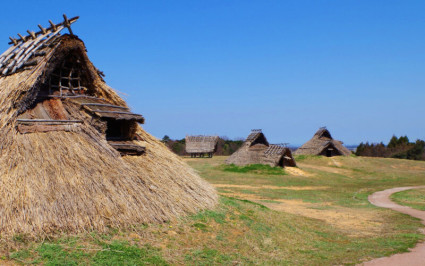
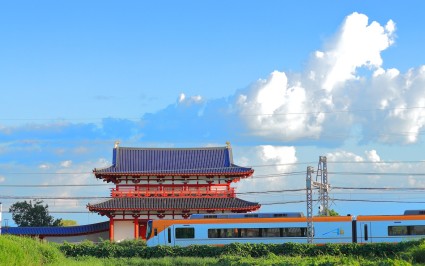


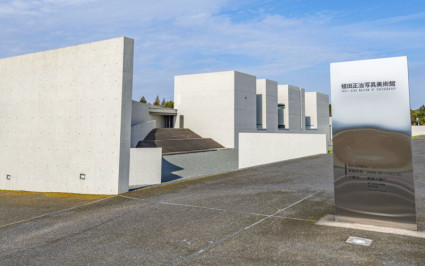

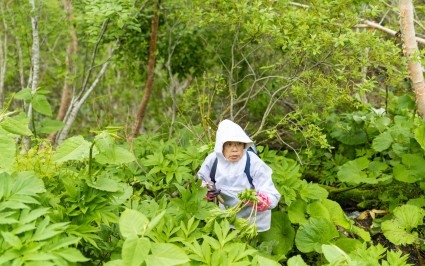

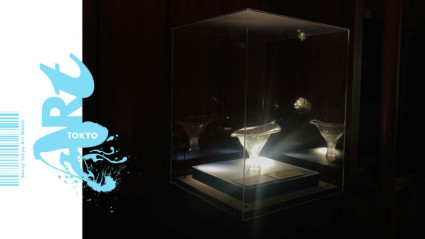
18 Comments
Login to comment
virusrex
Unfortunately even with the evidence that points out clearly to higher risks thanks to the elevated temperatures people will always insist that their own ignorance need to be protected and any and all information and warnings automatically becomes fear mongering just because they personally fear being informed.
There is no longer any valid excuse, rational people do not fear the advice of experts about a reality that is changing. Lives and property can be saved but only if the new higher risks are accounted for, saying things are as usual only puts in danger others by misleading them away from easy and practical measures that now are necessary.
Wick's pencil
"As far as Japan's Meteorological Agency is concerned, it all depends on where you take measurements,"
Old Sausage
To give you a more detailed scientific point of view, hyperthermia produces heat inflammation, coagulation of proteins, and cellular injury in heat-induced shock, a severe and deadly complication of heatstroke.
Ivan Martinez
Instead of building skyscrapers like there's no tomorrow, Tokyo and other big cities (in Japan and the rest of the world) should plant a lot of trees that create natural shadows, tighten the ground together and help cooling down the temperatures, along with making gardens on the rooftops of as much buildings as possible... or there'll be no tomorrow...
Eastmann
when photo says more than thousand words look at that facemask...
virusrex
This of course do not apply to the temperatures recorded being progressively higher and higher (they are no matter where they are taken), it is just pertinent to whether those higher temperatures reach or not 40 degrees, so the play of words in appropriate.
gcFd1
It's been a hot summer this year. Let's see how it turns out next year. Some scientists predict it will be cooler.
GBR48
Blessed be the AirCon manufacturers.
Weather forecasters often use 'windchill' to give a more accurate indication of how cold it will be. They need to start giving a 'skinburn' temperature - how hot it will feel to someone standing in the sun. Because most of us do not spend our days inside a Stevenson screen. Last year the BBC were talking about a record 40C temperature, whilst my outdoor thermostat was recording over 50C.
Note that the natural world will cope with this a lot better than us. Biodiversity will reduce to a core of hardy species. Tests have suggested that more CO2 will see greater growth in plants, especially trees. Species will move around (shockingly, across borders, without visas). Seed variability and production will adapt. At the risk of sounding a bit Gaia, the world has heated up and frozen before and will cope just fine. Humanity maybe needs to spend more time and money finding ways to protect itself.
virusrex
Which scientists? people keep making that claim but never provide any name (and specially any data).
Speed
If I were homeless living under the bridges in Ueno, I'd be taking periodic dips into the Sumida River to cool off. Ain't the cleanest river but beats getting heat stroke or exhaustion.
virusrex
The article makes it clear that temperatures have been rising, not my claim.
You on the other hand is the one that says something no institute of science in the world is supporting, the burden of proof is then on you to prove the scientists are wrong.
It is trivially easy to find out what institutions say about future climatic trends.
https://public.wmo.int/en/media/press-release/global-temperatures-set-reach-new-records-next-five-years
What scientists say the opposite? no one?
That would be when you provide references that explicitly contradict what you said they would prove, in that case it is clear that the scientific consensus is there, even if you try to misrepresent it.
So, at the end you just recognize you have no reference for your claim that next year would be cooler, as always.
tokyo_m
Indeed. And in order to do so, they need to find space. That is best done by reducing the huge 4 and 6 lane roads that run through Tokyo down to one lane and using the extra space for trees and cycle paths.
This comment will receive a huge number of downvotes, but unless such action is taken, the ability to simply go outside in Tokyo in the summer over the next 100 years will become increasingly impossible.
NipponIchiGo
Wake up everyone.
Install proper central air conditioners at home and on transport. See Singapore et al for reference. Japan has tons of free geothermal power to support this.
invest in technologies to lower price of aircon.
and proper insulation of course
Get lower allergy and flu rates out of it as well!
Extra Virgin Palm Oil
Old Sausage said: "To give you a more detailed scientific point of view, hyperthermia produces heat inflammation, coagulation of proteins, and cellular injury in heat-induced shock"
In the words of my French friend: "Sous vide".
Snuggles
At a parking lot in Hyogo Prefecture last October, on a sunny day with a high of 30 degrees, a mobile battery left inside a locked car caught fire.
Not an unusual temperature.
1glenn
While most of the world suffers from the Summer from Hell, one of the major political parties in the US is talking about undoing everything President Biden has done to try to stop global warming, if they should gain control of the White House next cycle.
virusrex
The point of the example is not that 30 degrees is an extreme degree of heat, but that this level is enough to facilitate mobile batteries and other electronics to become a hazard. With climate change making the temperatures rise this means these kind of accidents are bound to be more frequent unless people take care of preventing them.
piskian
All good points well made.
Perhaps changing lifestyle culture during summer,ala South East Asia,the Middle East, Southern Europe and Africa,might be a wise move.
Work at cooler times,rest during peak heat.
I know that I'm talking to myself, though.